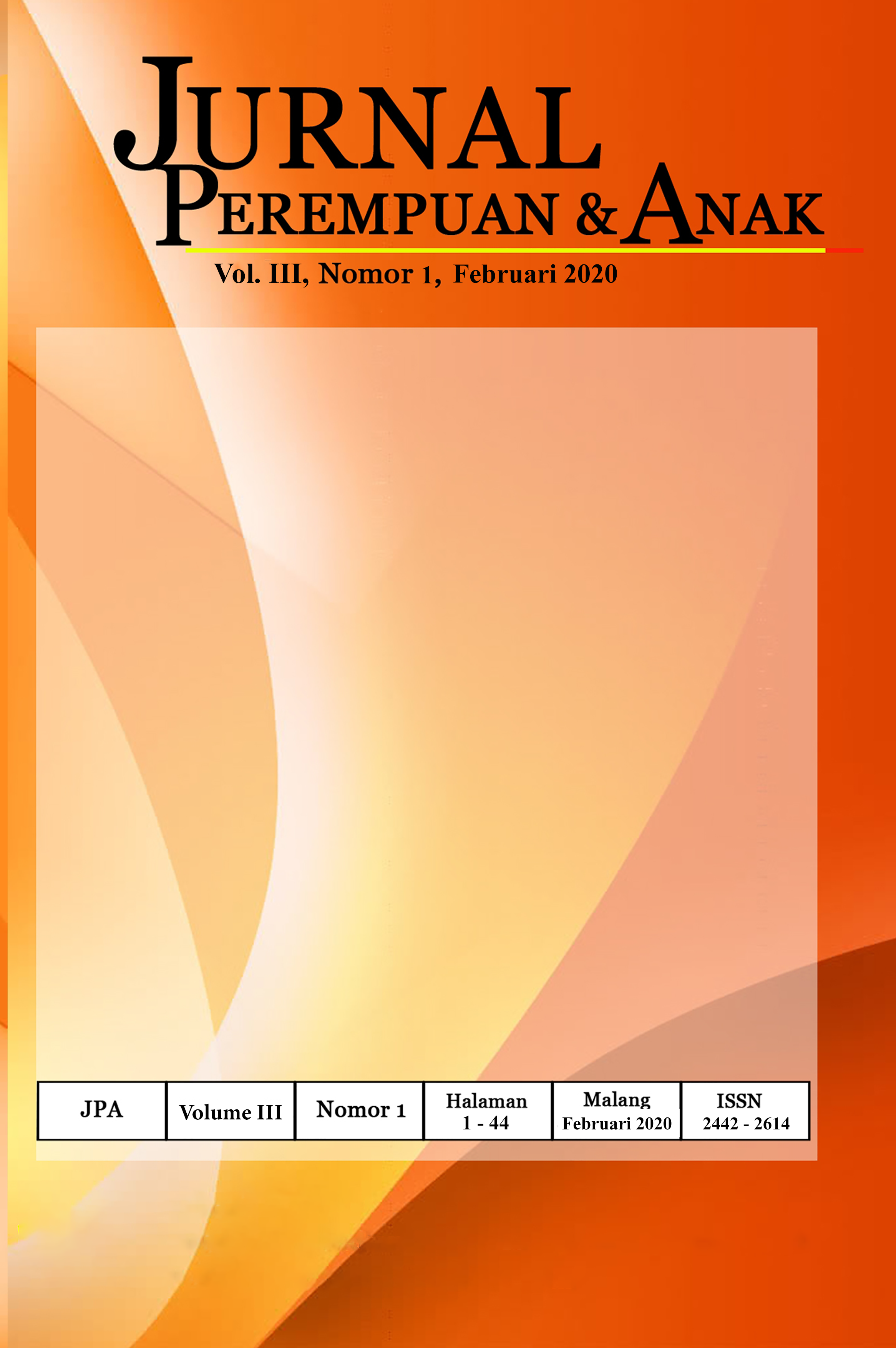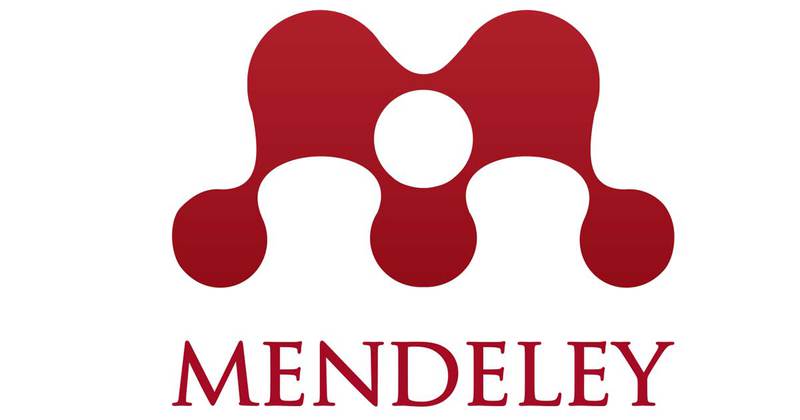The Role Of Women In Improving The Income For Economic Changes In Underprivileged Families
DOI:
https://doi.org/10.22219/jpa.v3i1.11500Keywords:
korelasi, pendapatan, perempuan, pra sejahtera, taraf ekonomiAbstract
Women are a significant part of every aspect of life, from a large environment to the smallest one, women are sometimes appointed as heads of a unit or organization. The role of women is increasingly felt when in a family that has a category of poverty families, the ability of women to obtain a budget, and expenditure becomes very important. Economic change is faster if women can manage income, expenses, and households well. This study analyzes the role of women in increasing income for changes in the underprivileged economy using Participatory Rural Appraisal (PRA) by combining secondary data review and direct observation. Strengths Weaknesses Opportunities Threats (SWOT) Analysis is used to determine the environmental conditions used by case studies when conducting research. Analysis is used to determine the relationship between income and changes in the economic level. The data used are secondary data supported by direct data collection and field collection. The number of respondents used as sample data is 145 underprivileged families in the Lawang District of Malang, which are spread across four research areas with 36 data details in zone 1, 25 data in zone 2, 21 data in zone 3, and 63 data in zone 4. Research Results show that the role of women is very important in efforts to improve the welfare of underprivileged families and analysis of the participation of changes in the relationship between increasing income with changes in the economic level of underprivileged families.
Downloads
References
Supeno, E. (2006). Implementasi kebijakan jaring pengaman sosial-operasi pasar khusus beras (JPS-OPKB) keluarga pra sejahtera. Masyarakat, Kebudayaan, dan Politik, 19(1).
Yulis, P., Machmud, B., Subroto, M. I., & Widodo, E. (2018, January). ANALISIS CLUSTER HIRARKI DAN PEMETAAN KEMISKINAN DAERAH ISTIMEWA YOGYAKARTA TAHUN 2015. In Seminar Nasional Pendidikan Matematika Ahmad Dahlan (Vol. 1, pp. 279-282).
Manoppo, J. J., Engka, D. S., & Tumangkeng, S. Y. (2018). ANALISIS FAKTOR-FAKTOR YANG MEMPENGARUHI KEMISKINAN DI KOTA MANADO. JURNAL BERKALA ILMIAH EFISIENSI, 18(2).
Syawie, M. (2011). Kemiskinan dan kesenjangan sosial. Sosio Informa, 16(3).
Sitepu, A. (2012). Karakteristik Keluarga Menurut Peringkat Kemiskinan: Studi Pendahuluan Untuk Perumusan Kriteria Fakir Miskin. Sosio Informa, 17(1).
Puspitasari, N., Puspitawati, H., & Herawati, T. (2013). Peran gender, kontribusi ekonomi perempuan, dan kesejahteraan keluarga petani hortikultura. Jurnal Ilmu Keluarga & Konsumen, 6(1), 10-19.
Dewi, P. M. (2012). Partisipasi tenaga kerja perempuan dalam meningkatkan pendapatan keluarga. Jurnal Ekonomi Kuantitatif Terapan.
Wibowo, D. E. (2011). Peran ganda perempuan dan kesetaraan gender. Jurnal Muwazah, 3(1), 356-364.
Sitepu, S. N. B., & Utami, C. W. (2019). Pemberdayaan Perempuan Dalam Pengelolaan Usaha Mikro Melalui Program Entrepreneurship Sebagai Pengerak Ekonomi Desa.
Sumarmawati, E. D., & Rachman, A. N. (2019). PERAN PEREMPUAN DALAM PENGEMBANGAN EKONOMI DAERAH PADA UMKM. Jurnal Ilmu Manajemen dan Akuntansi Terapan (JIMAT), 10(1), 72-85.
Astuti, M. (2017). Pemberdayaan perempuan miskin berbasis pemanfaatan sumberdaya lokal melalui pendekatan sosial enterpreneurship (Studi kasus di daerah tertinggal, Kabupaten Pasaman, Sumatera Barat). Sosio Konsepsia, 17(3), 241-251.
Ganiem, L. M. (2017). Pemberdayaan Perempuan Miskin Kota Melalui Pendidikan. Jurnal Aspikom, 3(2), 239-255.
Putra, I. M. (2015). Partisipasi Semu Perempuan Miskin dalam Program Pemberdayaan Masyarakat. Kafaah: Journal of Gender Studies, 5(1), 41-59.
Ardiansyah, D., Suharso, W., & Marthasari, G. I. (2018). Analisis Penerima Bantuan Sosial menggunakan Bayesian Belief Network. Jurnal RESTI (Rekayasa Sistem dan Teknologi Informasi), 2(2), 506-513.
Wibowo, H., Iswatiningsih, D., Suharso, W., & Firdausi, F. (2018). Correlation Between Bruto Domestic Products (Gdp) With Duty Schools. Proceeding of the Electrical Engineering Computer Science and Informatics, 5(5), 708-711.
Downloads
Published
How to Cite
Issue
Section
License
Authors who publish with Jurnal Perempuan dan Anak (JPA) agree to the following terms:
- For all articles published in Jurnal Perempuan dan Anak (JPA), copyright is retained by the authors. Authors give permission to the publisher to announce the work with conditions. When the manuscript is accepted for publication, the authors agree to automatic transfer of the publishing right to the publisher.
- Authors retain copyright and grant the journal right of first publication with the work simultaneously licensed under a Creative Commons Attribution-ShareAlike 4.0 International License that allows others to share the work with an acknowledgment of the work's authorship and initial publication in this journal.
- Authors are able to enter into separate, additional contractual arrangements for the non-exclusive distribution of the journal's published version of the work (e.g., post it to an institutional repository or publish it in a book), with an acknowledgment of its initial publication in this journal.
- Authors are permitted and encouraged to post their work online (e.g., in institutional repositories or on their website) prior to and during the submission process, as it can lead to productive exchanges, as well as earlier and greater citation of published wor (See The Effect of Open Access).
This work is licensed under a Creative Commons Attribution-ShareAlike 4.0 International License








